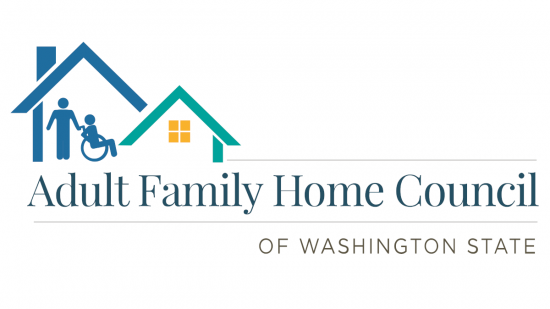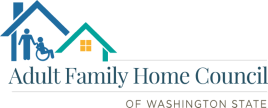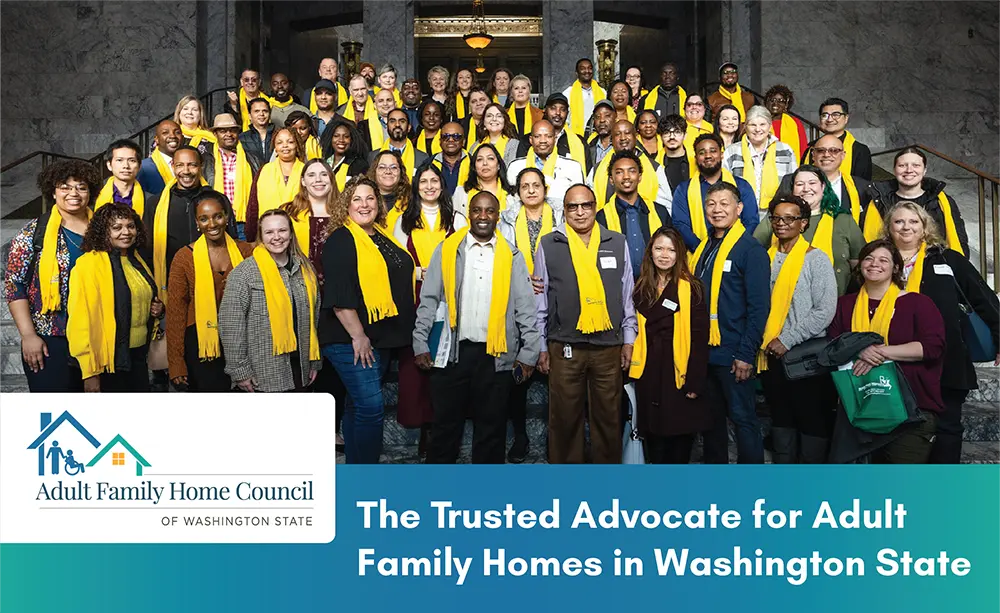
Real ID Travel Requirements Effective May 7
Starting May 7, 2025, all travelers flying within the United States or visiting certain federal facilities must present a REAL ID-compliant form of identification. Standard Washington driver licenses and ID cards will no longer be accepted to board domestic flights or enter some federal buildings. This is part of the federal REAL ID Act, which sets minimum security standards for state-issued IDs and driver licenses. Please review the information below to ensure you are prepared.
What is REAL ID?
The REAL ID Act was passed by Congress in 2005 to help make identification more secure and to improve national safety. Real ID is not a type of document, but a federal security standard to improve the accuracy and integrity of identification documents.
You may have heard that you need a star on your ID card to meet these requirements. While many states use a star, Washington State uses a U.S. flag on its Enhanced Driver License (EDL) and Enhanced ID (EID) to show they meet the same federal requirements.
Standard Identification has Changed
A standard Washington driver license or ID card does not meet the federal requirements to be a REAL ID-approved document. Standard driver licenses and ID cards with “Federal limits Apply” began in July 2018 to show this.
Acceptable Documents
The following forms of identification meet REAL ID standards:
- Enhanced driver license (EDL)
- Enhanced identification card (EID)
- U.S. Military ID
- U.S. Passport
- U.S. Passport Card
- Permanent Resident Card (Green Card)
- Federally recognized tribal-issued photo ID
- U.S. Citizenship and Immigration Services Employment Authorization Card (I-766)
- Foreign Passport
See the full list of documents accepted for air travel.
Resources
Not a Member Yet?
Membership fees enable the Council to cover legal expenses and fund staff to advocate with the state and regulatory agencies. The participation of every adult family home is vital to ensuring fair regulations and rates that accurately reflect the costs of caring for our vulnerable adults. Consider becoming a member of the Council to help us continue improving conditions for all adult family homes in Washington State.

